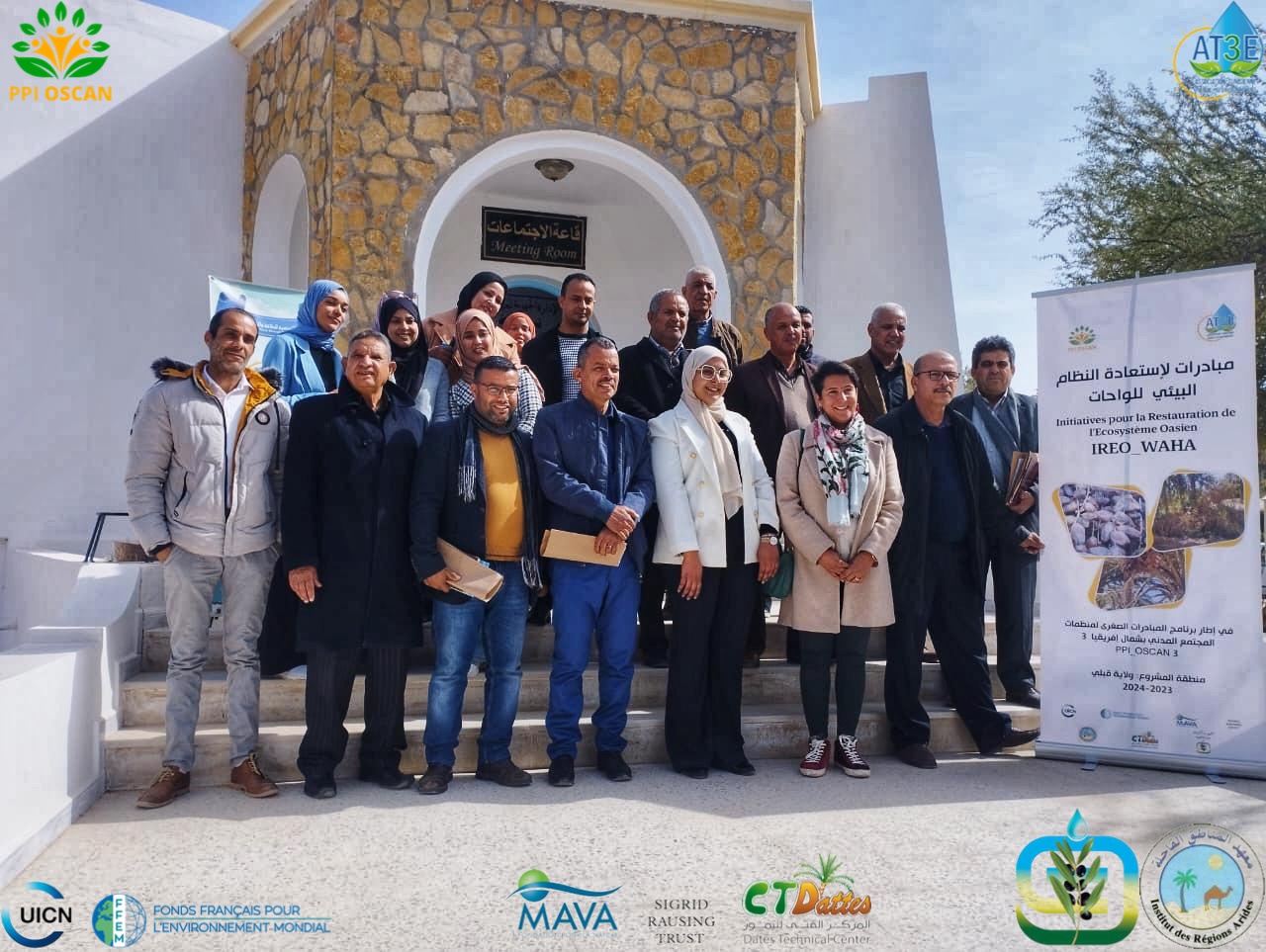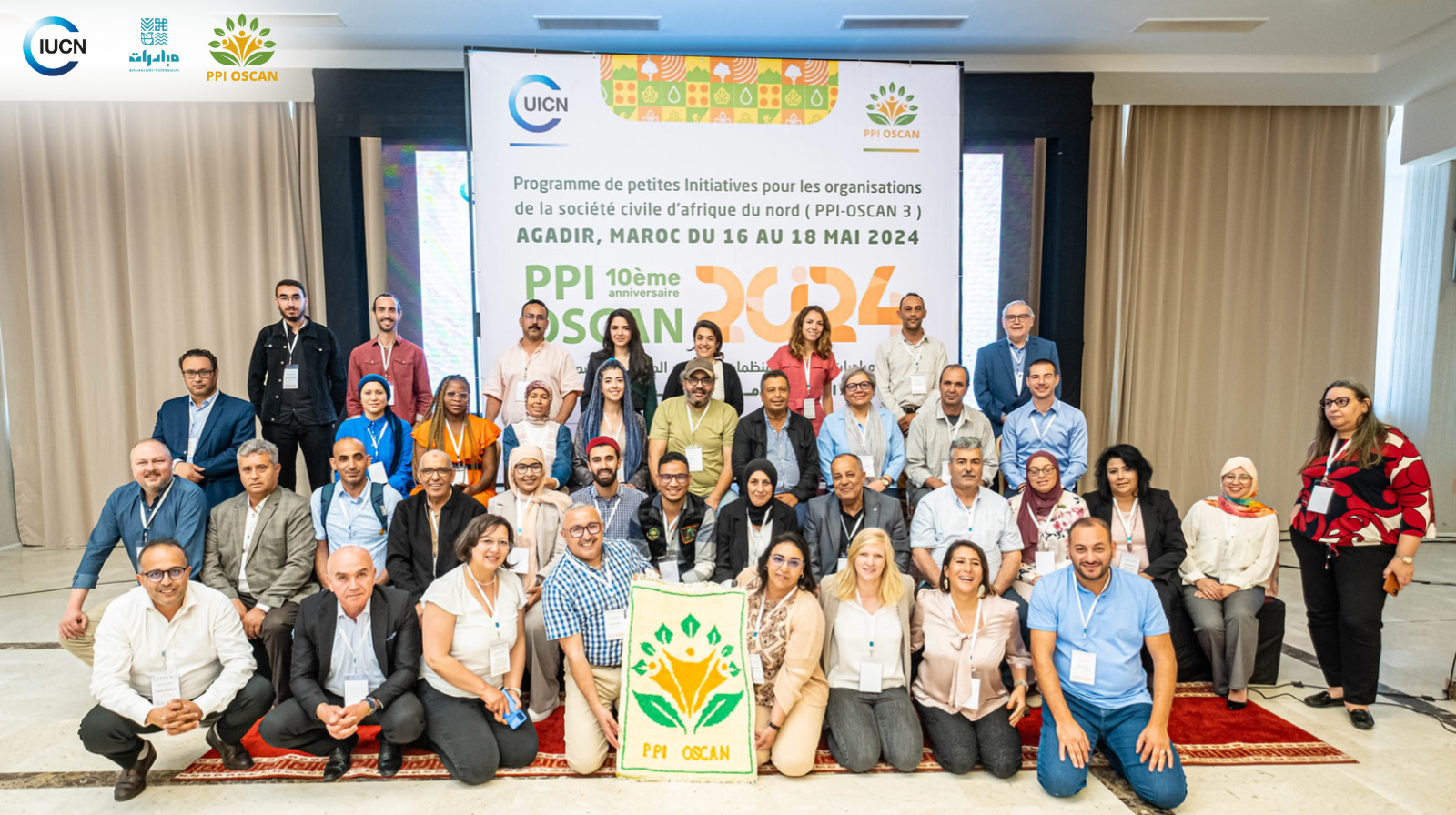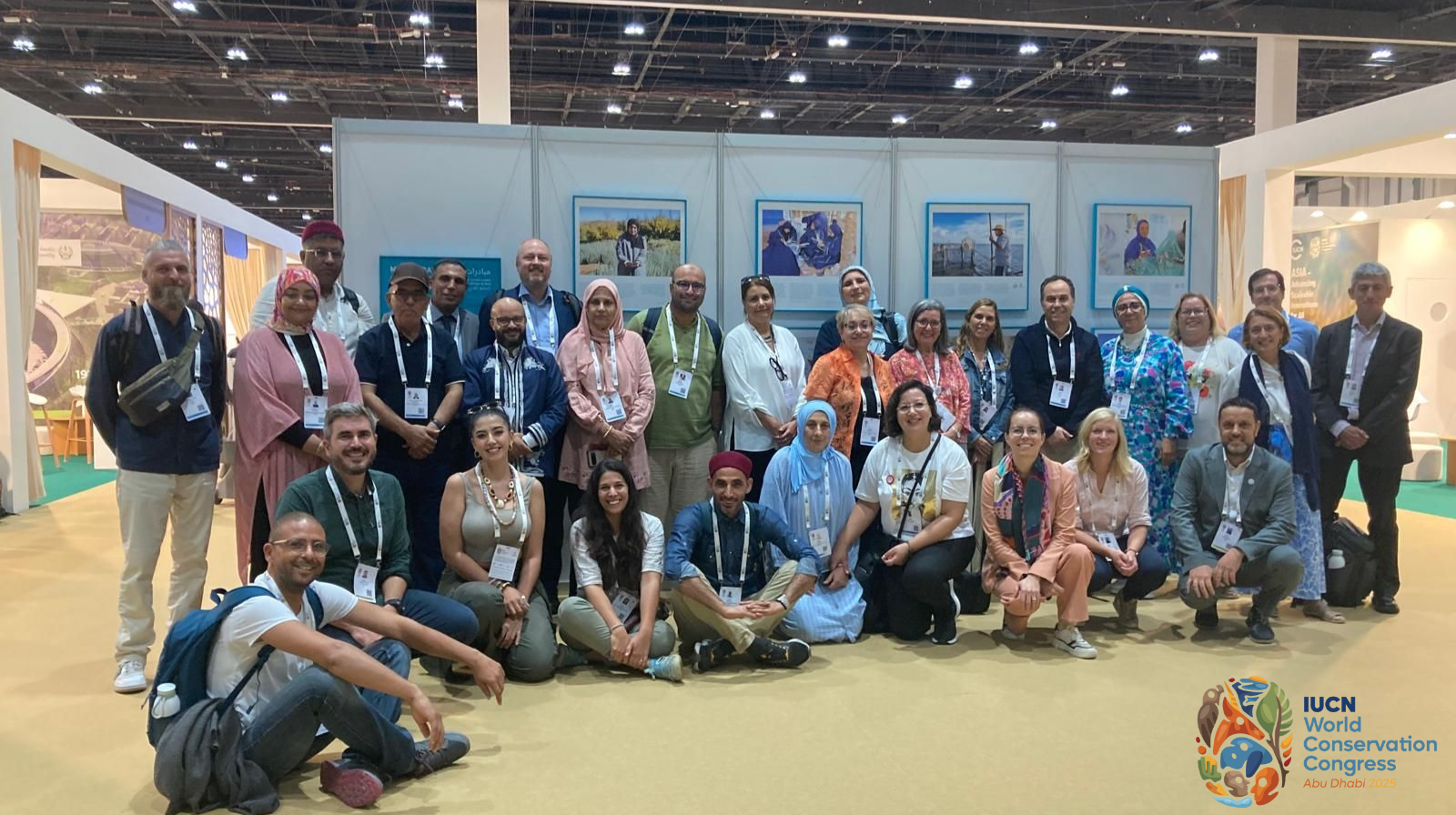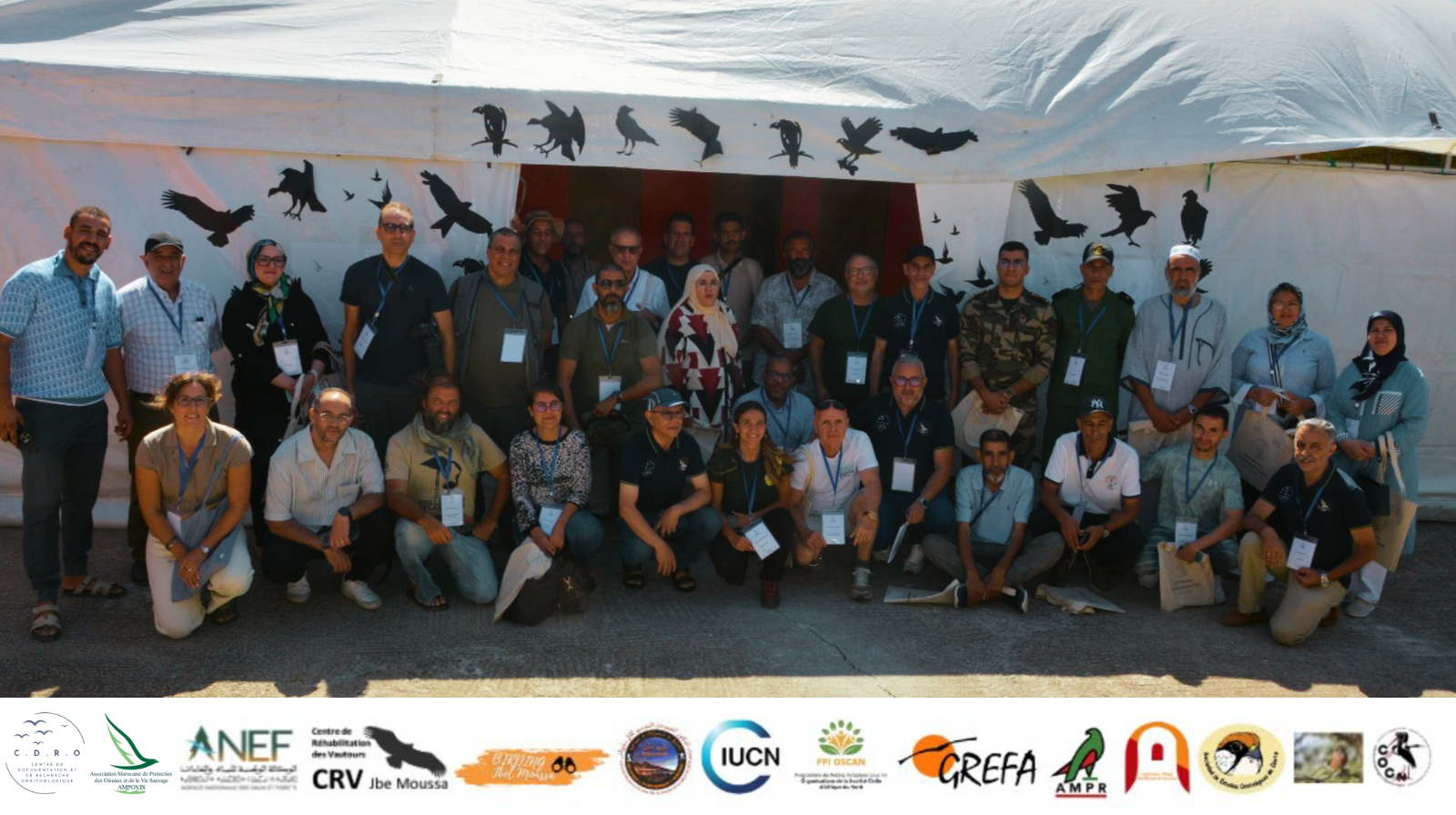A call for proposals from the third phase of the Small Initiatives Programme for North African Civil Society Organisations, the PPI OSCAN 3, has selected 7 Moroccan, 7 Tunisian and 4 Libyan associations to be beneficiaries of the program’s grants.

Since 2014, the Small Initiatives Programme for CSOs in North Africa (PPI OSCAN), funded by the French Global Environment Facility (FFEM), the MAVA Foundation and the Sigrid Rausing Trust Foundation, has been supporting North African civil society organizations active in environmental conservation. The subsidized projects aim at the conservation of species and ecosystems with remarkable biodiversity, and the enhancement of the benefits of conservation and sustainable livelihoods. To learn more about OSCAN 3 PPI projects: Projects – MUBADARAT (mubadarat-uicn.org)
As part of the third phase of the program, the PPI OSCAN 3, a call for project proposals was launched for so-called emerging Civil Society Organizations (CSOs), which were created after 2015 and have not yet received significant funding for their projects. The objective of the program is to support these young organizations by allocating them a grant of up to € 30,000 for the implementation of their first environmental project of 24 months.
After two selection phases, 7 Moroccan, 7 Tunisian and 4 Libyan associations will benefit from the PPI OSCAN 3. The associations were selected for the quality and relevance of their projects to meet local needs for the conservation and enhancement of biodiversity and natural resources, and adaptation to climate change. The significant impacts that these projects will bring on the ground and on the implementation of public policies contribute to sustainable local development and capacity building of the beneficiaries.
Compared to other French cooperation tools, the PPI OSCAN is the only tool financing small-scale biodiversity projects in North Africa. The programme’s mission is to help CSOs emerge thanks to small-scale funding, and to enable the projects to improve their strength and their impact on the environment. The associations benefit from capacity-building activities at the technical level (implementation of small projects on the ground) and at the organisational, administrative and financial levels. This allows them to become more professional, increase their efficiency and have easier access to new sources of funding for their future initiatives. Throughout the implementation of their project, the associations benefit from permanent support and monitoring by the PPI OSCAN national coordinators.
These 18 associations were selected 6 months after the launch of the 11 projects from the PPI OSCAN 2’s historical associations, which benefited from a second round of financing. The PPI OSCAN 3 allows these 11 historical Moroccan, Tunisian and Libyan associations to consolidate the results obtained previously, and to exchange knowledge and experience with emerging CSOs. This thus lays the foundations for meaningful collaboration between the associations. CSOs can help each other regarding many different themes, based on their field of expertise and can create a strong civil society dynamic.
To know more about the PPI OSCAN :Projects – MUBADARAT (mubadarat-uicn.org)







